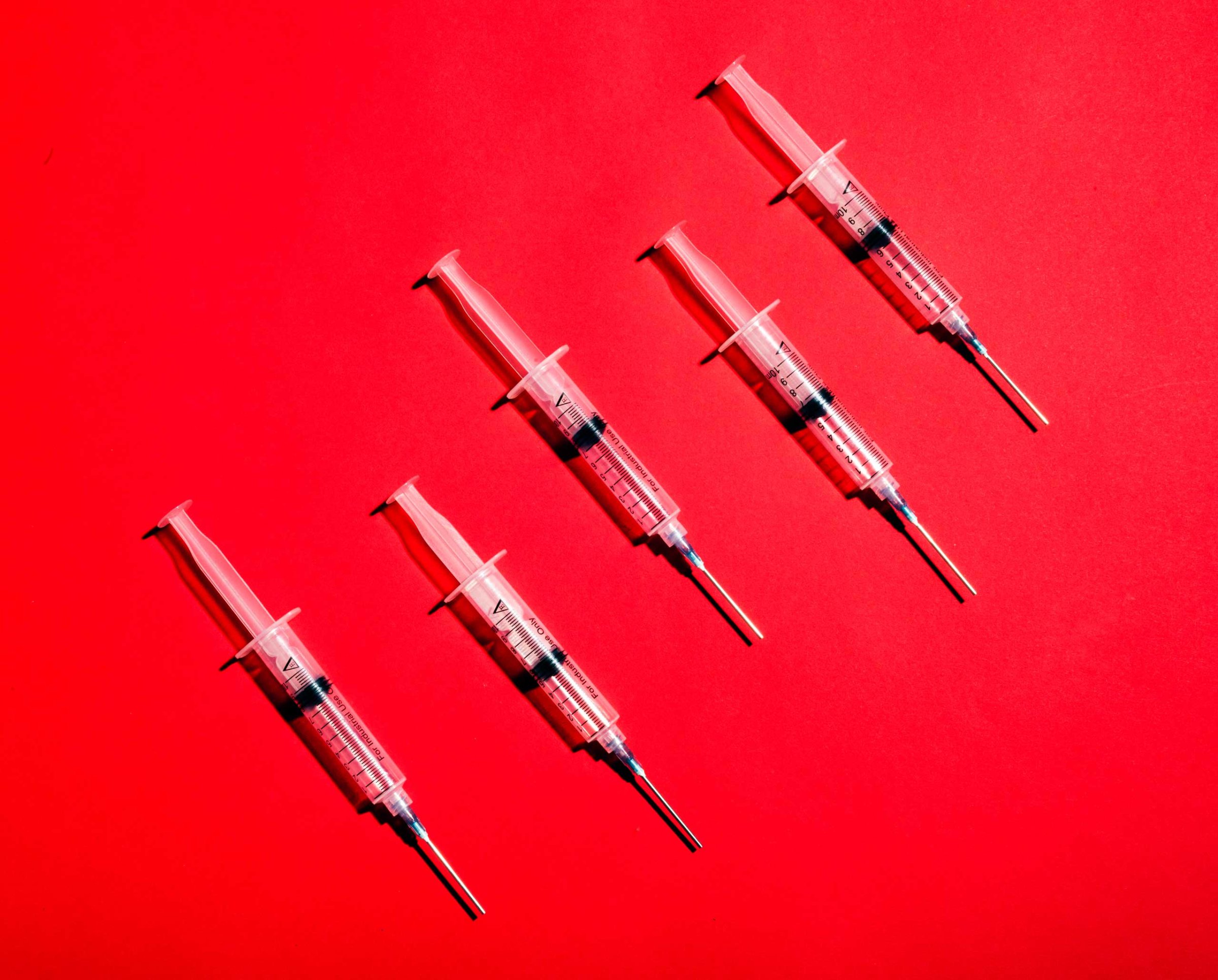
The first HIV vaccine trial in seven years is launching in South Africa.
The trial is called HVTN 702, and the goal is to enroll 5,400 sexually active men and women between 18 and 35 throughout South Africa, where more than 1,000 people are infected with HIV each day. It’s the most ambitious HIV vaccine trial launched so far.
“If deployed alongside our current armory of proven HIV prevention tools, a safe and effective vaccine could be the final nail in the coffin for HIV,” Dr. Anthony S. Fauci, director of the National Institute of Allergy and Infectious Diseases (NIAID) said in a statement about the trial.
Though scientists have been able to create vaccines for other viruses, developing a vaccine for HIV has been especially challenging. (In lieu of one, doctors mostly use preventative drugs like Truvada to help prevent contraction of the virus in uninfected people who are at high risk.)
But a vaccine could significantly taper infections worldwide. “Even a moderately effective vaccine would significantly decrease the burden of HIV disease over time,” said Fauci in a statement.
So why are HIV vaccines so elusive?
HIV behaves unlike most other viruses in some important ways. Usually, when a person is infected with a virus, their immune system creates antibodies that target the bug. That’s usually the starting point for researchers, who work to develop drugs that can imitate that process (but without causing the recipient to develop a full blown reaction to the virus). What’s tricky about HIV, however, is that when a person is infected with the virus, that same process of developing antibodies isn’t triggered.
“One of the reasons why it has been so difficult to make an AIDS vaccine is that the virus infects the very cells of the immune system that any vaccine is supposed to induce,” senior author Dr. Guido Silvestri, chief of microbiology and immunology at Yerkes National Primate Research Center said in a statement.
Still, expert hope the new vaccine trial will work better than earlier attempts. The new vaccine is based on a version tested in a clinical trial in Thailand, with results that were released in 2009. The study showed that the vaccine was about 30% effective at preventing infection over 3.5 years. In the new trial, researchers hope to spur greater protection against the virus for longer. The results are expected to be available in late 2020.
More Must-Reads from TIME
- How Donald Trump Won
- The Best Inventions of 2024
- Why Sleep Is the Key to Living Longer
- Robert Zemeckis Just Wants to Move You
- How to Break 8 Toxic Communication Habits
- Nicola Coughlan Bet on Herself—And Won
- Why Vinegar Is So Good for You
- Meet TIME's Newest Class of Next Generation Leaders
Contact us at letters@time.com